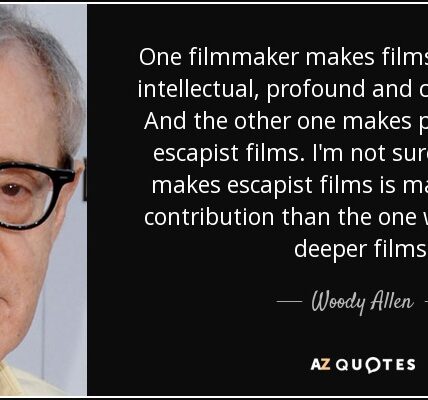Film critics have long held a pivotal role in shaping the public’s perception of movies. As danatoto who analyze and evaluate films, they play a crucial role in influencing audience opinions. However, the question arises: Are film critics merely reflectors of public opinion, or do they actively shape the way audiences perceive cinematic creations? This article delves into the multifaceted role of film critics and the dynamics between their assessments and public reception.
1. The Influential Power of Film Critics: Film critics are not mere observers; they wield significant influence in the film industry. Their reviews can impact box office performance and determine the success or failure of a movie. Positive reviews can attract a wider audience, while negative critiques may deter potential viewers. Critics, therefore, act as gatekeepers, guiding the public towards or away from certain cinematic experiences.
2. Shaping Artistic Discourse: Critics contribute to the broader discourse surrounding filmmaking by offering insights into the artistic merit of a film. Their analyses can shape discussions about cinematography, storytelling, and the overall impact of a movie on the cultural landscape. Through thoughtful critiques, film critics contribute to the elevation of the art form and help define standards for excellence in filmmaking.
3. Reflections of Public Taste: On the flip side, film critics also reflect the tastes and preferences of the viewing public. Their reviews often mirror societal values, providing a snapshot of what resonates with audiences at a given time. In this way, critics serve as interpreters of collective sentiment, encapsulating the spirit of an era through their assessments of popular films.
4. The Evolution of Criticism in the Digital Age: With the rise of the internet and social media, the landscape of film criticism has undergone a transformation. Online platforms have given rise to a multitude of voices, ranging from professional critics to amateur enthusiasts. This democratization of criticism has diversified the perspectives available to the public, challenging traditional notions of authority in film evaluation.
5. Critics as Curators of Quality: Film critics often act as curators, helping audiences navigate the vast array of films available. Their recommendations guide viewers towards works of exceptional quality, fostering an appreciation for the craft and artistry of filmmaking. In this sense, critics function as educators, steering audiences towards films that transcend mere entertainment.
6. Public Reaction and Critic Consensus: While critics offer valuable perspectives, the relationship between their opinions and public reception is complex. There are instances where critics and the general audience may diverge in their assessments. Understanding this interplay is crucial in deciphering the nuanced dynamics between the critical and public reception of films.
Conclusion: In conclusion, film critics play a multifaceted role in the world of cinema. They are both shapers and reflectors of public opinion, influencing how audiences perceive and engage with films. As gatekeepers of artistic discourse, critics contribute to the ongoing evolution of filmmaking standards. However, the democratization of criticism in the digital age has added new layers to this relationship, challenging traditional hierarchies. Ultimately, the interplay between film critics and the public is a dynamic and evolving conversation that continues to shape the cinematic landscape.











